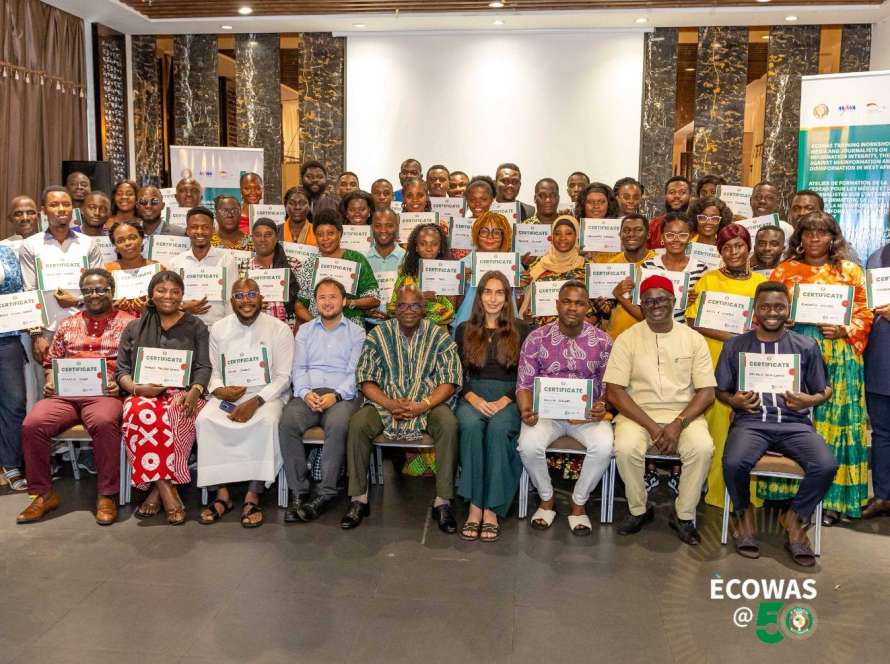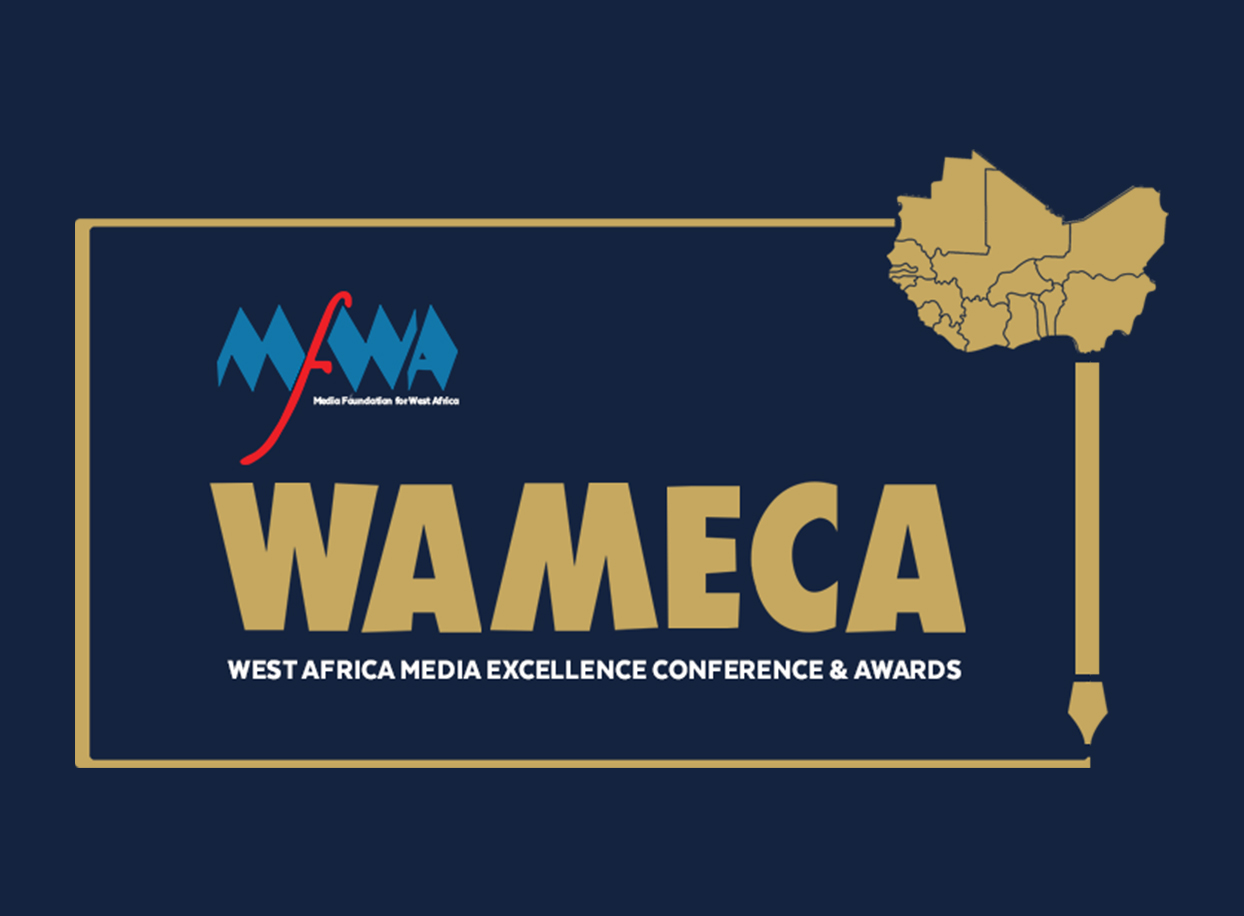In the last couple of months, the state broadcaster, Ghana Broadcasting Corporation (GBC) has been in the news for the wrong reasons.
It started with controversies surrounding the enforcement of the law requiring the payment of TV licence fees, followed by a dramatic decision by the board, and the Director General issuing a statement countering the decision of the board. These developments only add to a litany of long-standing problems facing the national broadcaster which have made it almost pale into irrelevance when it comes to the broadcast industry in Ghana.
The GBC remains a key and strategic asset for the overall development of the country. It is therefore unfortunate that, the National Media Commission (NMC), the institution that is constitutionally mandated to ensure the viability, sustainability, relevance and impact of the state broadcaster has woefully failed to discharge this crucial mandate over the years leading to the current sad state of GBC.
As required by the 1992 Constitution, the NMC appoints the Director General of GBC as well as its governing board. By virtue of these appointments and other functions of the Commission as mandated by the Constitution, the NMC can be said to have the ultimate responsibility and oversight over the affairs of GBC and other state-owned media. But since the TV licence and all the controversies surrounding it started, the NMC has played a surprisingly dormant role.
Indeed, one would have expected that given the mandate of the NMC, it would have been the one at the forefront of discussions on the direction and way-forward for the implementation of the TV licence fee regime. This is particularly so given that the purpose was to help strengthen the viability of the state broadcaster. However, the NMC’s silence on matters related to the implementation of the TV licence has not only been surprising but also puzzling.
The controversies at the GBC got to the climax when the Board ordered the Director General to proceed on leave, which is usually an euphemistic way of announcing dismissals of public officials. Not surprisingly, the Director General refused to comply with the directive of the Board.
It is worth noting that both the Board and the Director were appointed by the NMC and yet while all these developments have been unfolding, one is yet to hear from the NMC despite numerous calls on the Commission to act in order to save the situation and salvage the sinking national broadcaster. Indeed nearly all the state media institutions under the mandate and direction of the NMC are on the same path of declining fortunes.
Given the current situation, the Media Foundation for West Africa (MFWA) makes the following recommendations:
- The NMC should, as a matter of urgency, make a public announcement of the steps being taken to resolve the current impasse at the GBC in order to assuage public fears about the eventual collapse of the national broadcaster.
- The NMC, must as a matter of urgency, let the public know whether the board of GBC can vary the terms of appointment of the Director General.
- We request that the NMC comes out with a comprehensive and holistic plan for transforming GBC into a truly viable and sustainable public service broadcaster.
- The MFWA also calls for a broader stakeholder engagements to review the operations of the NMC over the years and come up with recommendations on how to strengthen the Commission and its work.






